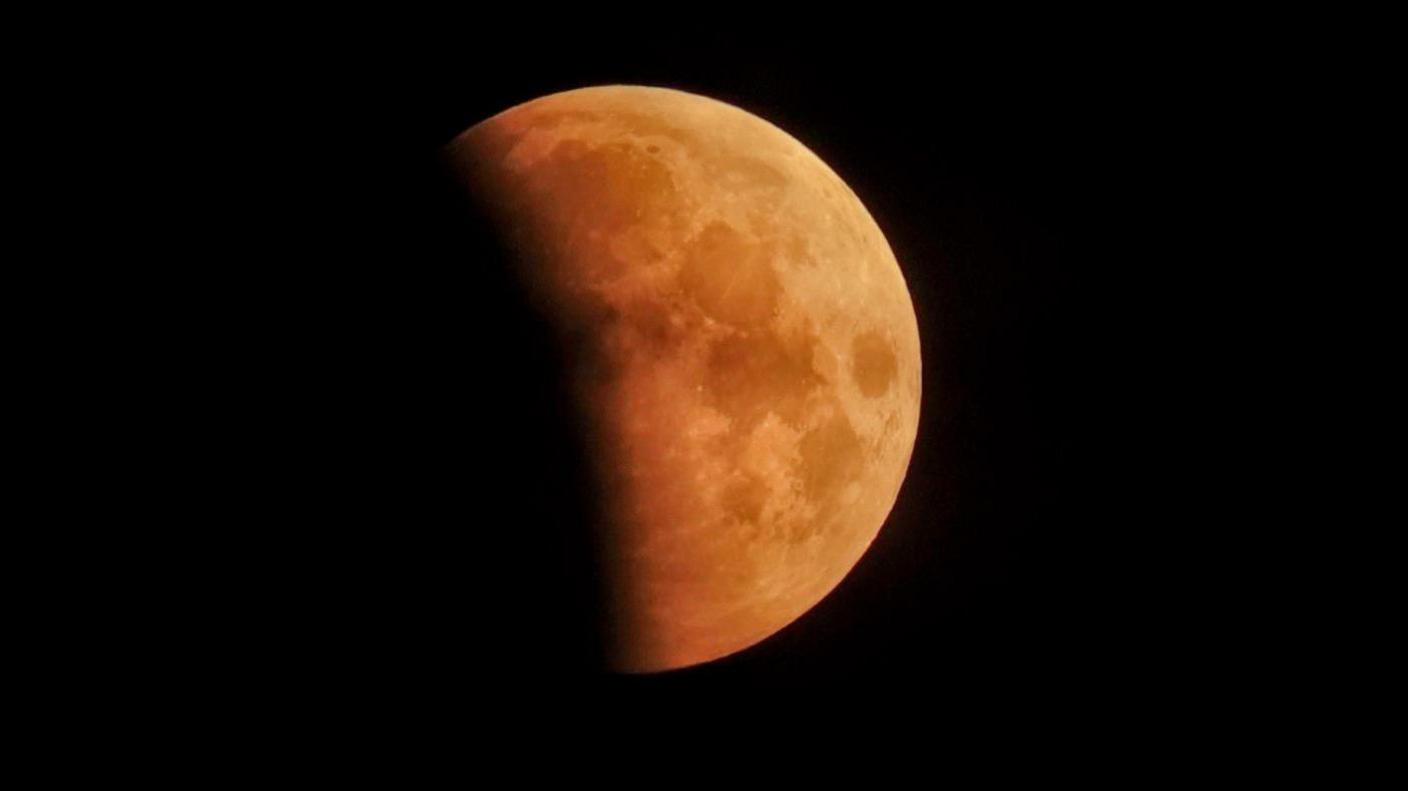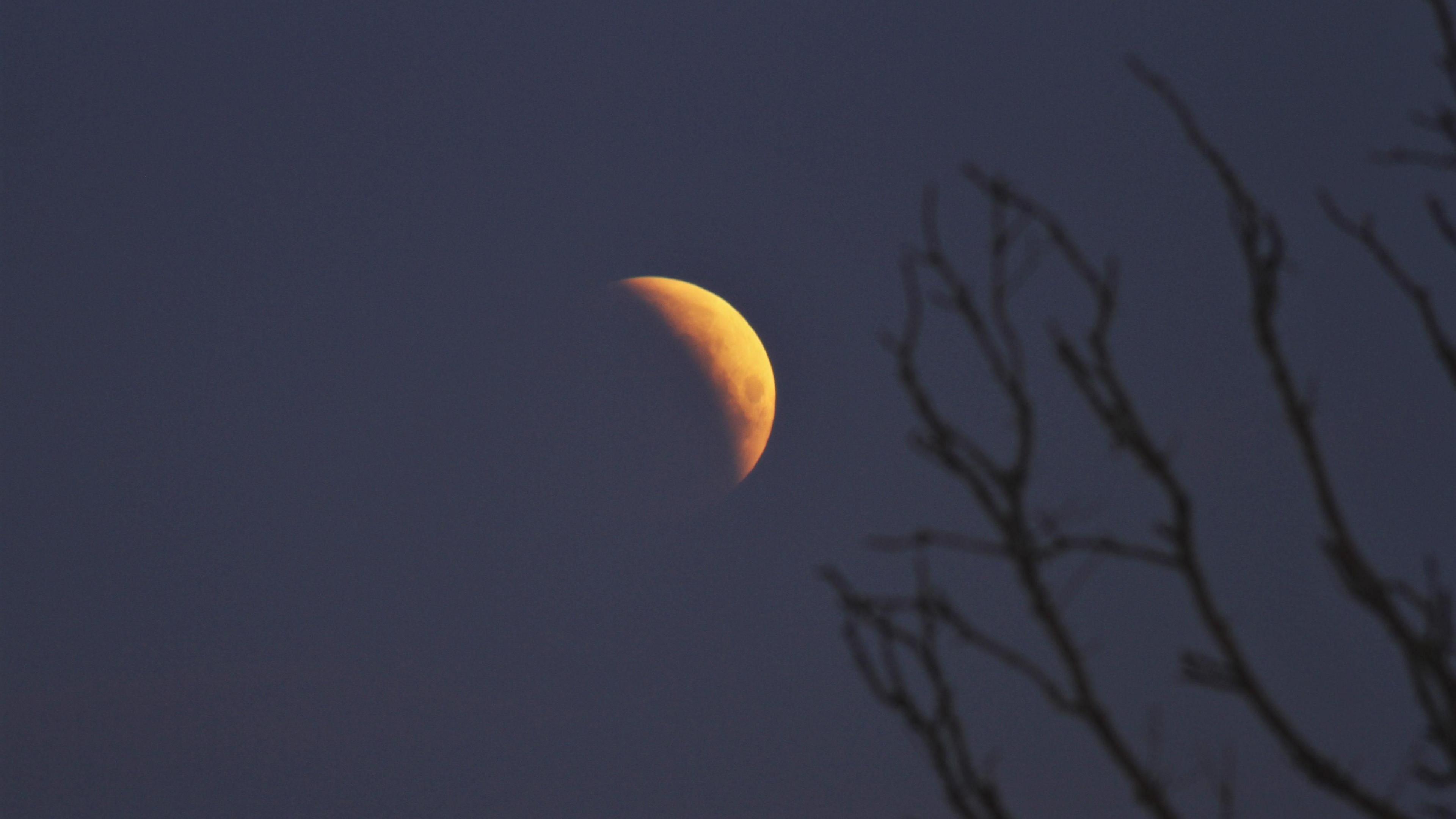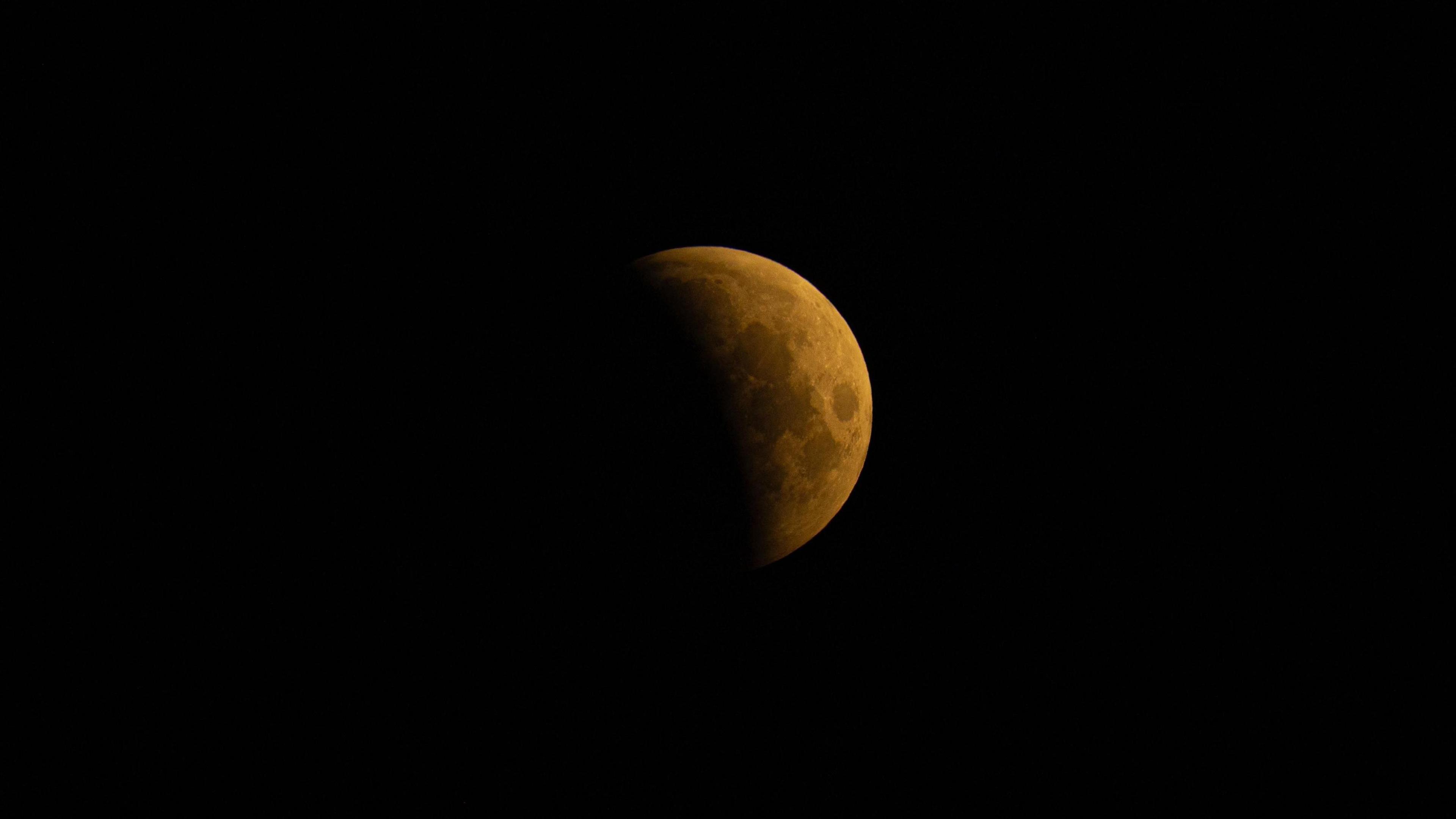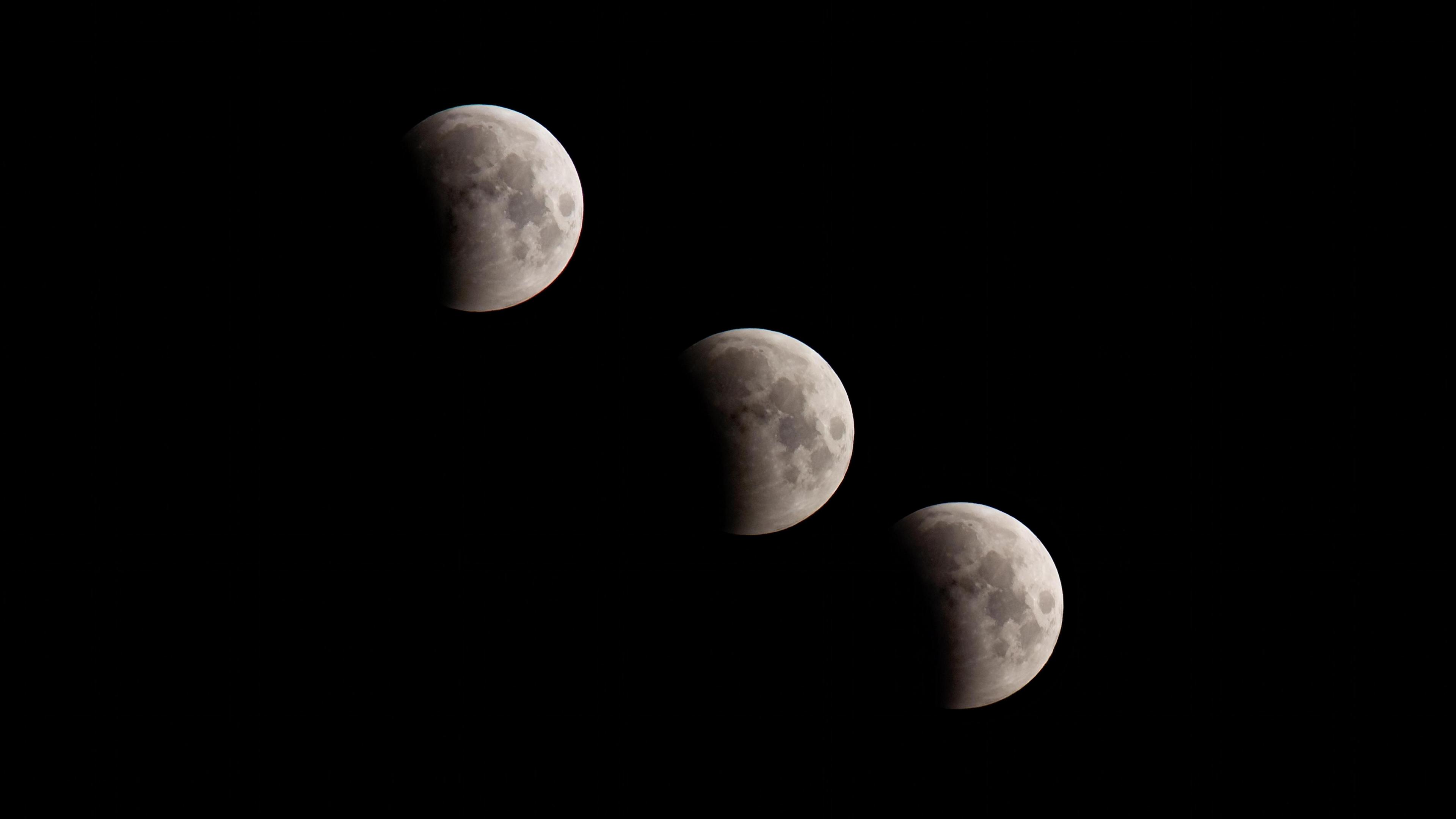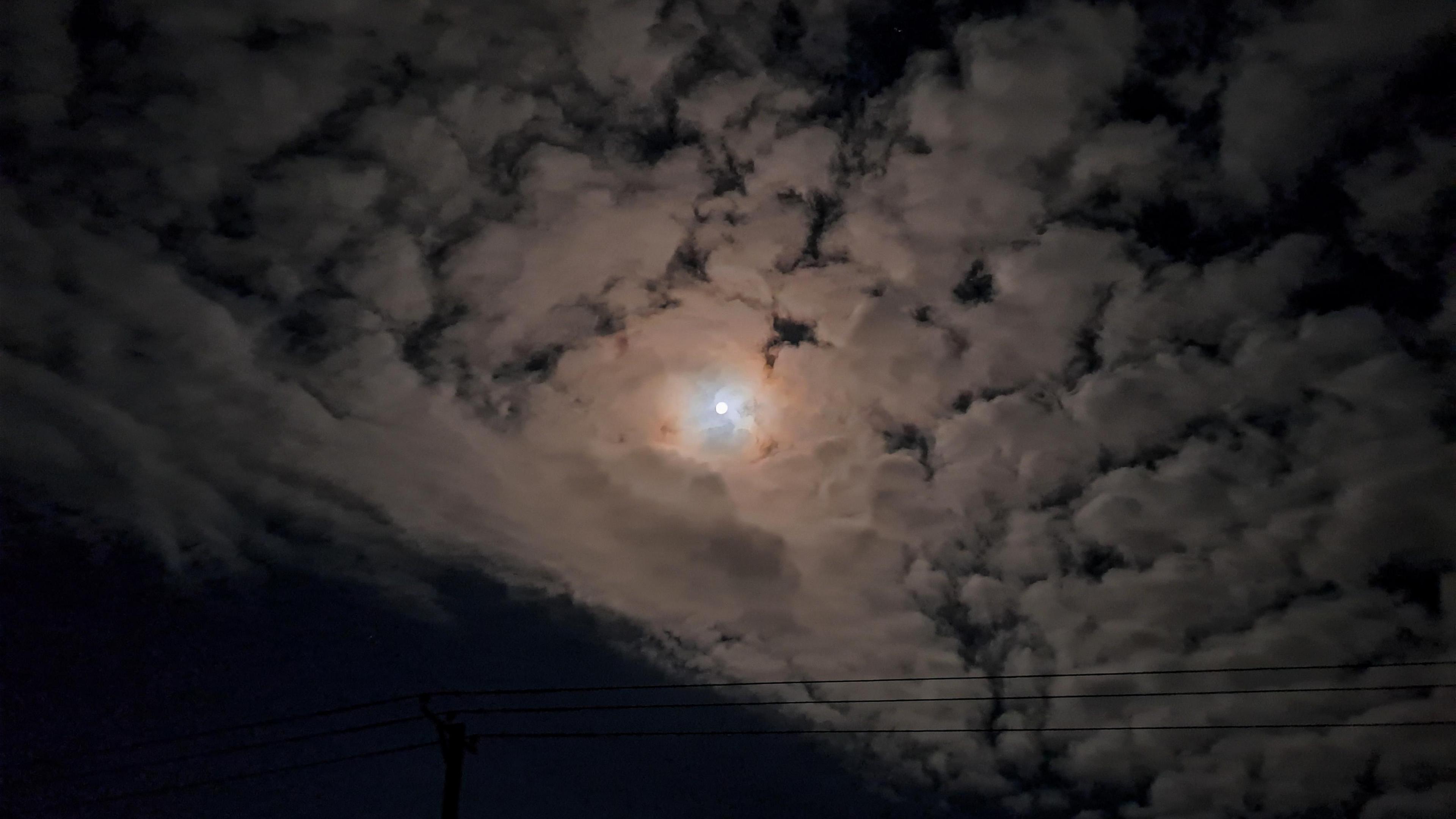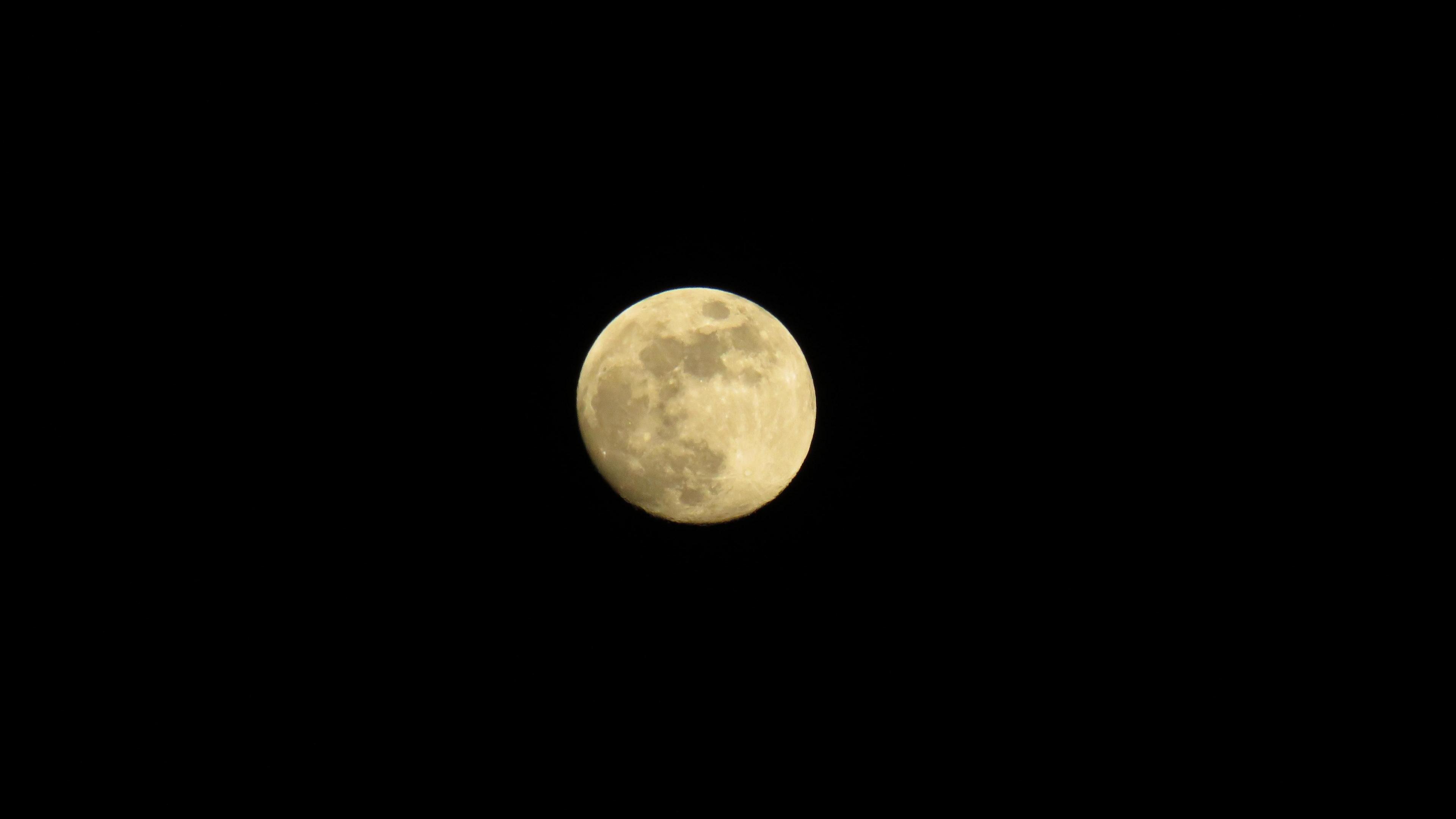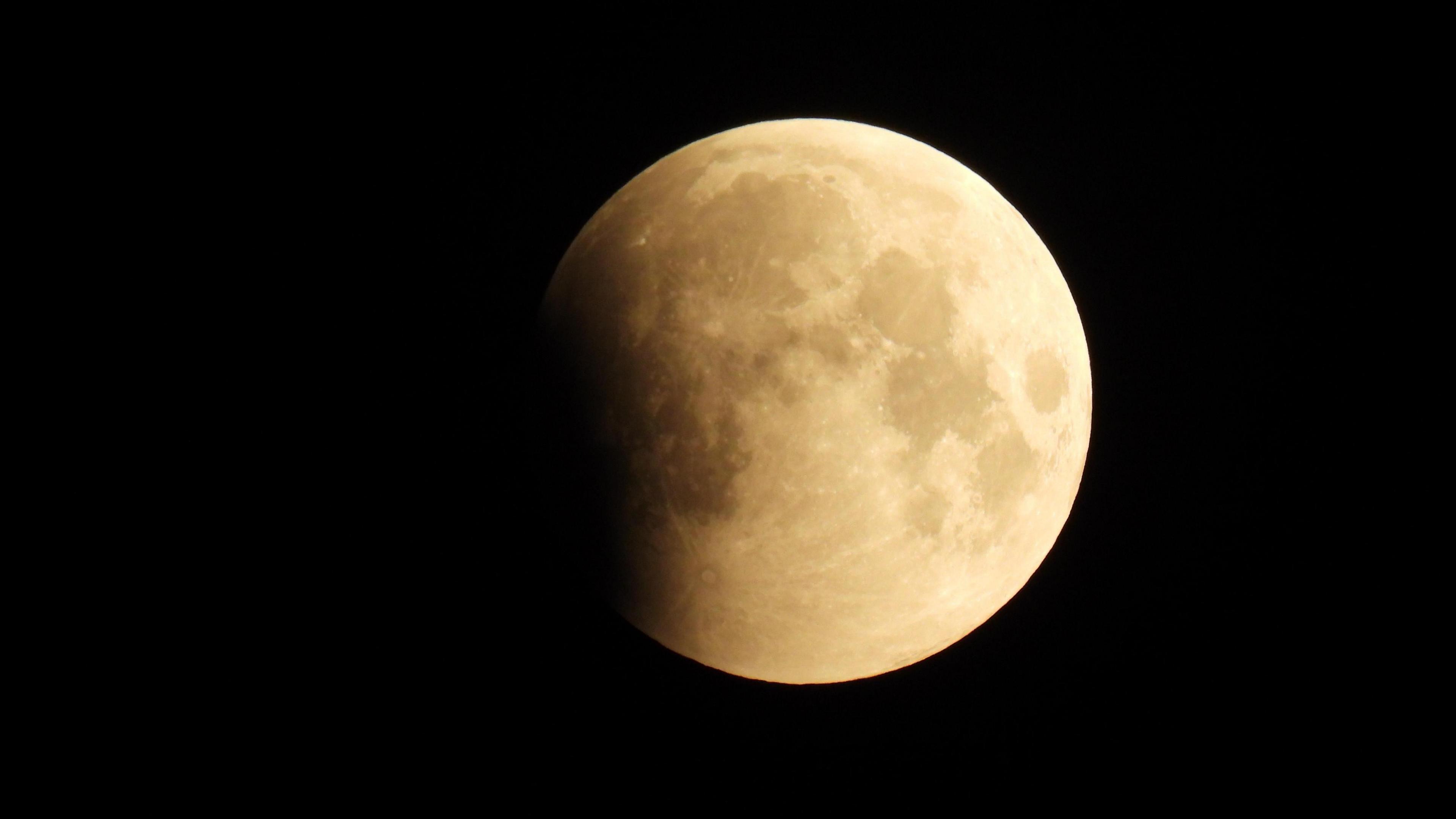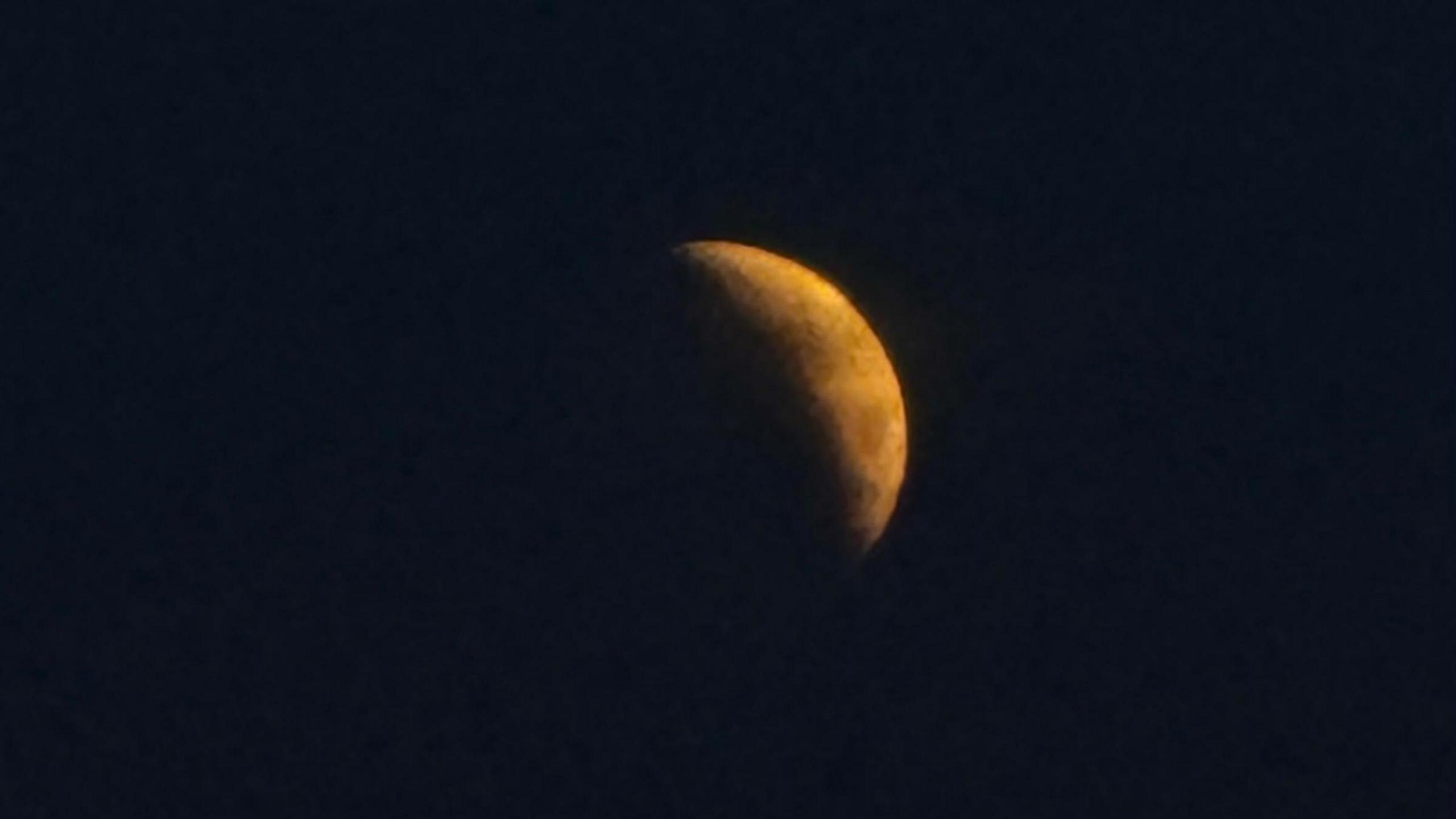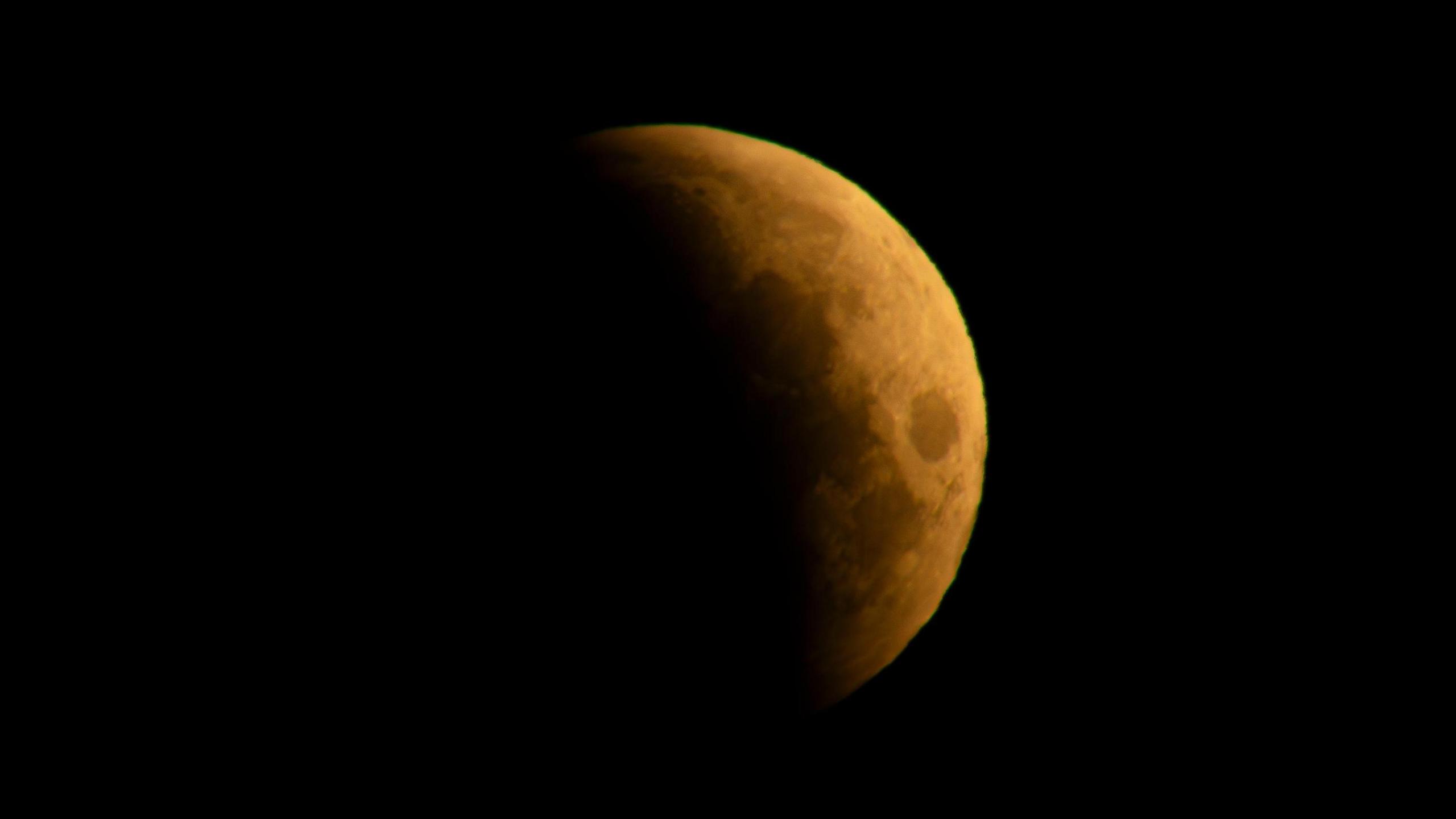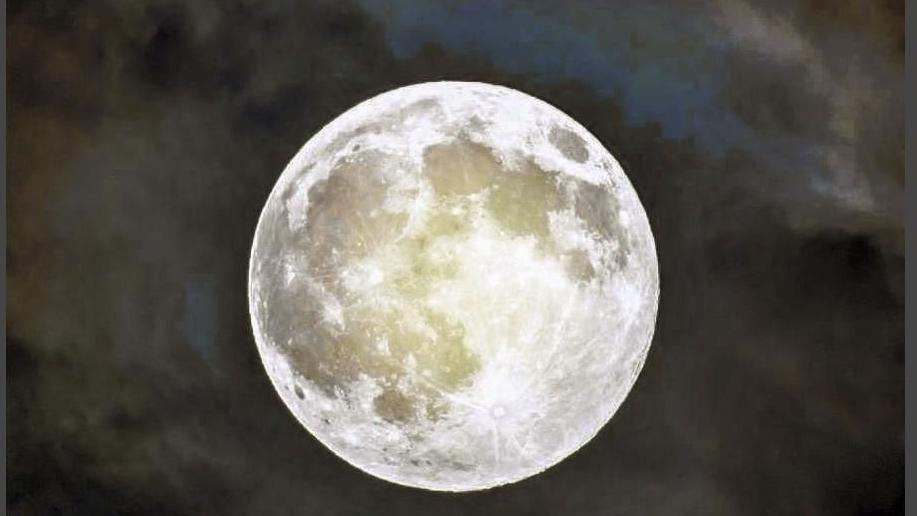Stargazers capture lunar eclipse across the south
- Image source, Hang Ross
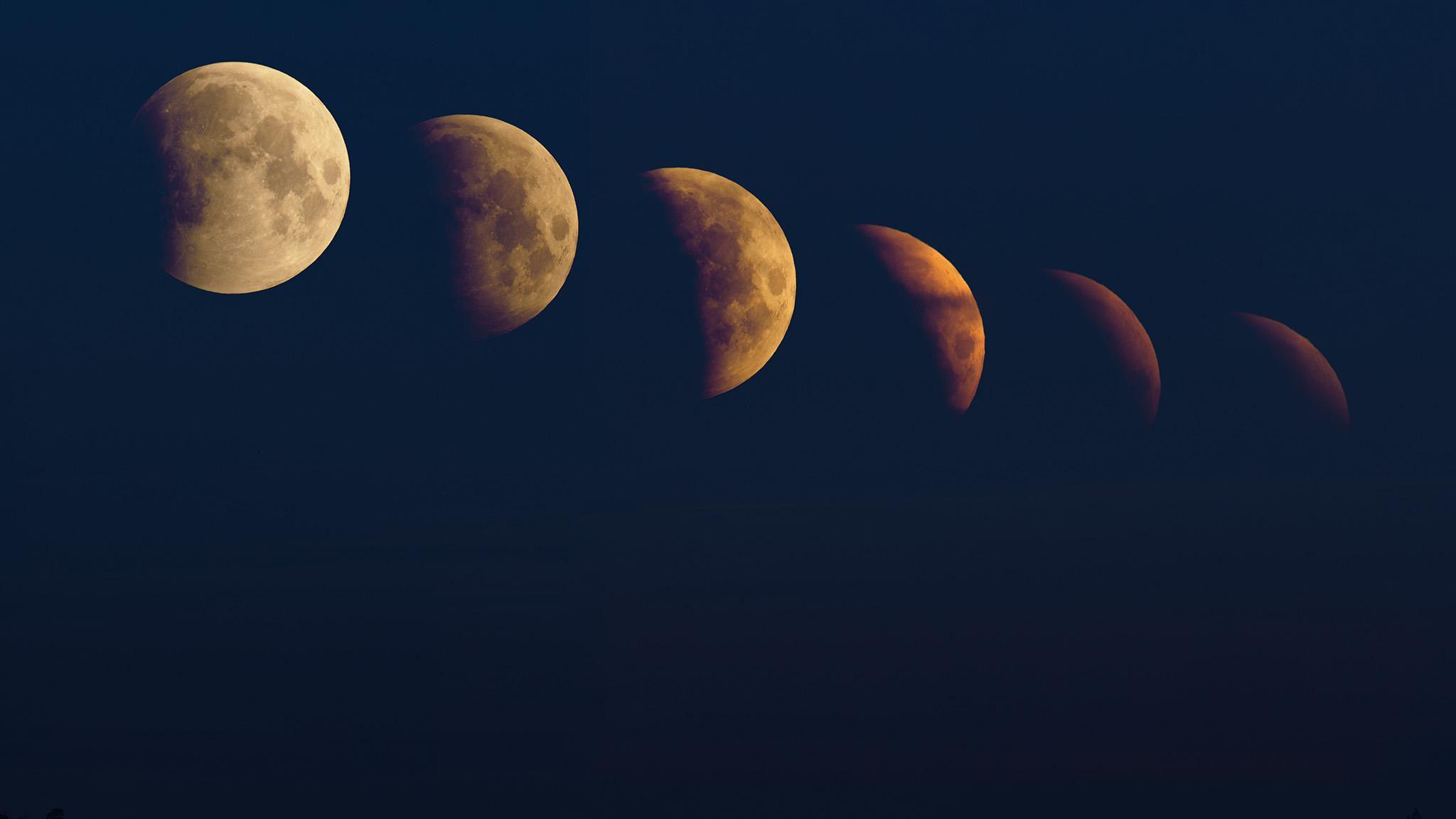
Image caption, BBC Weather Watcher Hang Ross edited together the phases of the lunar eclipse in Lyndhurst, Hampshire
1 of 10
- Published
People have been looking to the skies in the south of England to catch a glimpse of the lunar eclipse.
Early-rising stargazers woke up just before dawn to capture the eclipse, which was partial for most of the UK.
The Earth's shadow covered part of the Moon, but some western areas of the UK saw a total lunar eclipse.
It is the first since May 2022, when the Moon turned completely red.
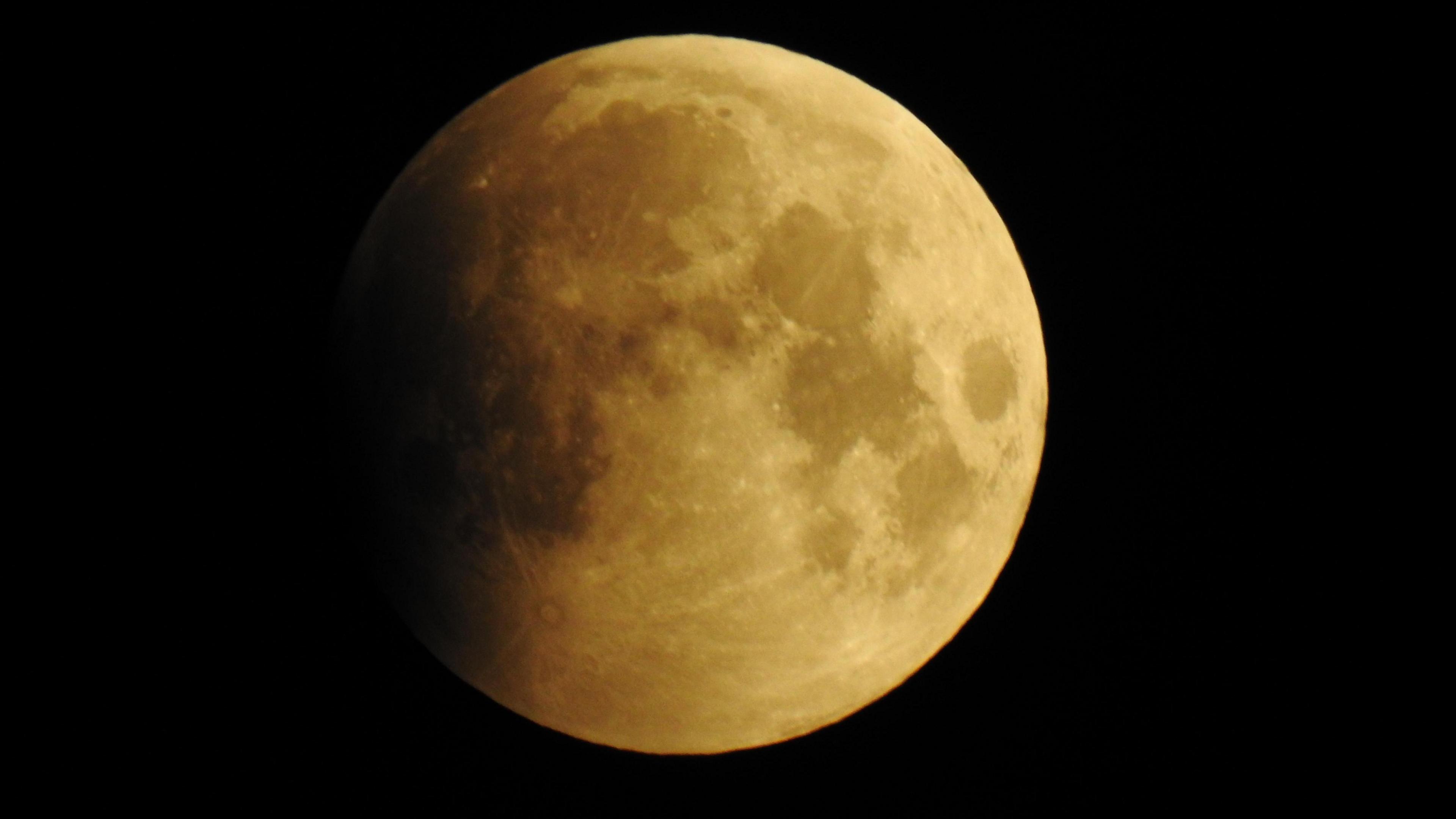
New Squids On The Block photographed this close-up in Basingstoke, Hampshire
BBC Weather Watchers from Hampshire, Dorset, Oxfordshire and Berkshire have been sending in their glimpses of the lunar event.
This kind of eclipse only happens when the Earth moves directly between the Sun and the Moon, blocking sunlight and casting a shadow on the Moon's surface.
It can sometimes be referred to as a "blood moon", because it can turn a deep, coppery red during the eclipse.
The next total lunar eclipse is due to take place at the start of September - but will be most prominent over central and east Asia, with only some parts of the UK seeing the total eclipse effect.
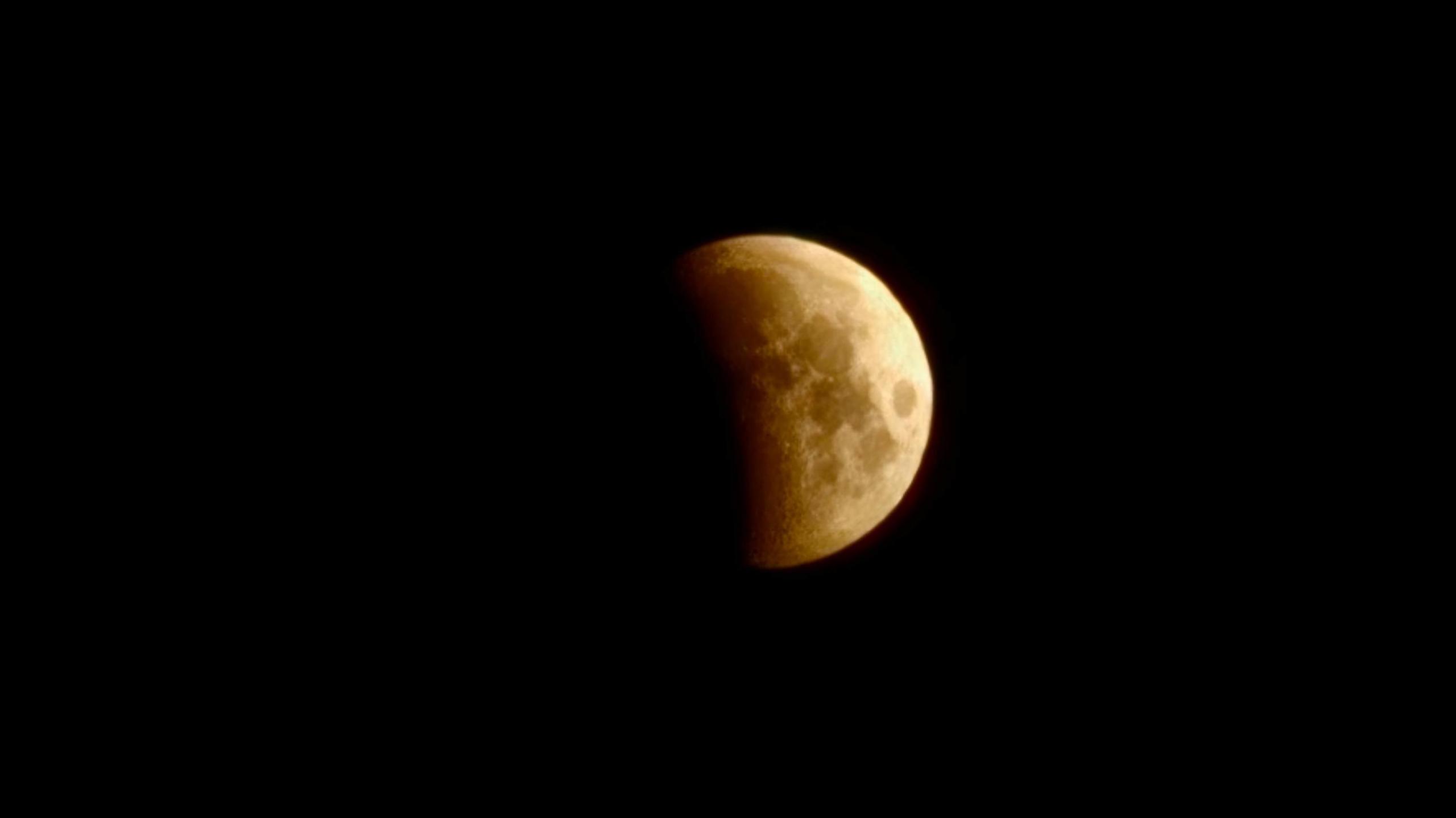
Weather Watcher Rockboffins captured this view of the eclipse from Southwell in Dorset
Get in touch
Do you have a story BBC Hampshire & Isle of Wight should cover?
You can follow BBC Hampshire & Isle of Wight on Facebook, external, X (Twitter), external, or Instagram, external.
Related topics
- Published14 March
